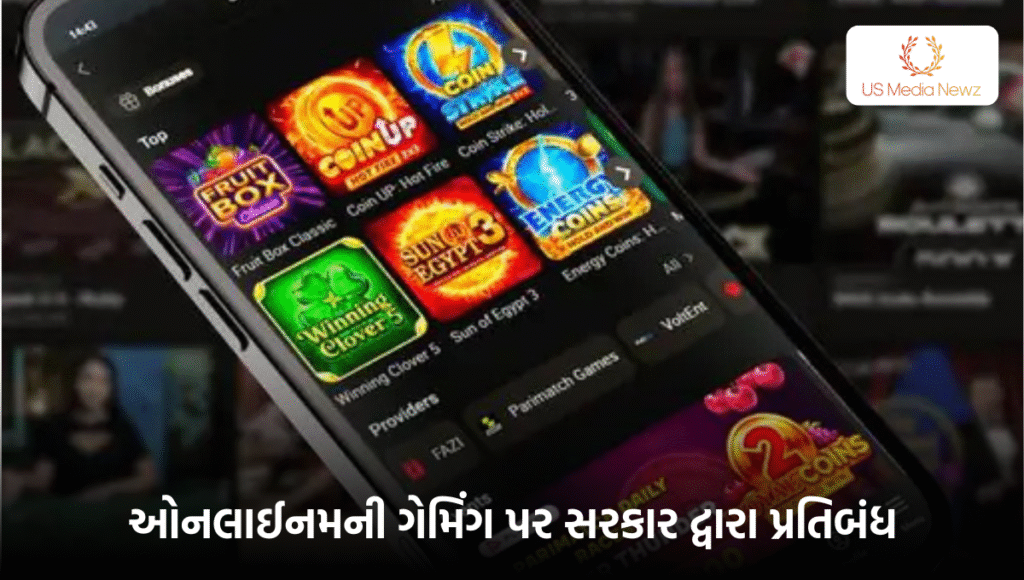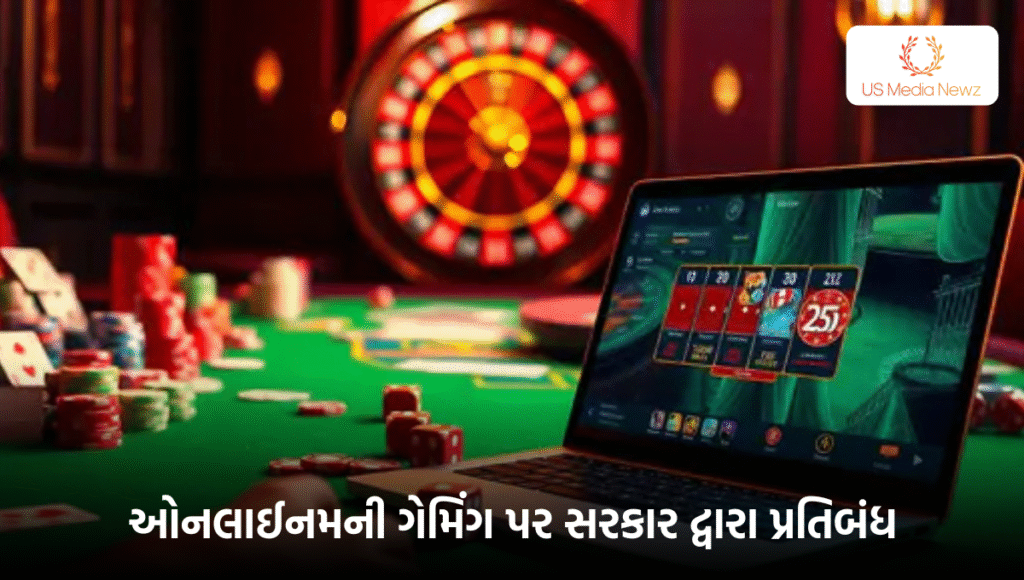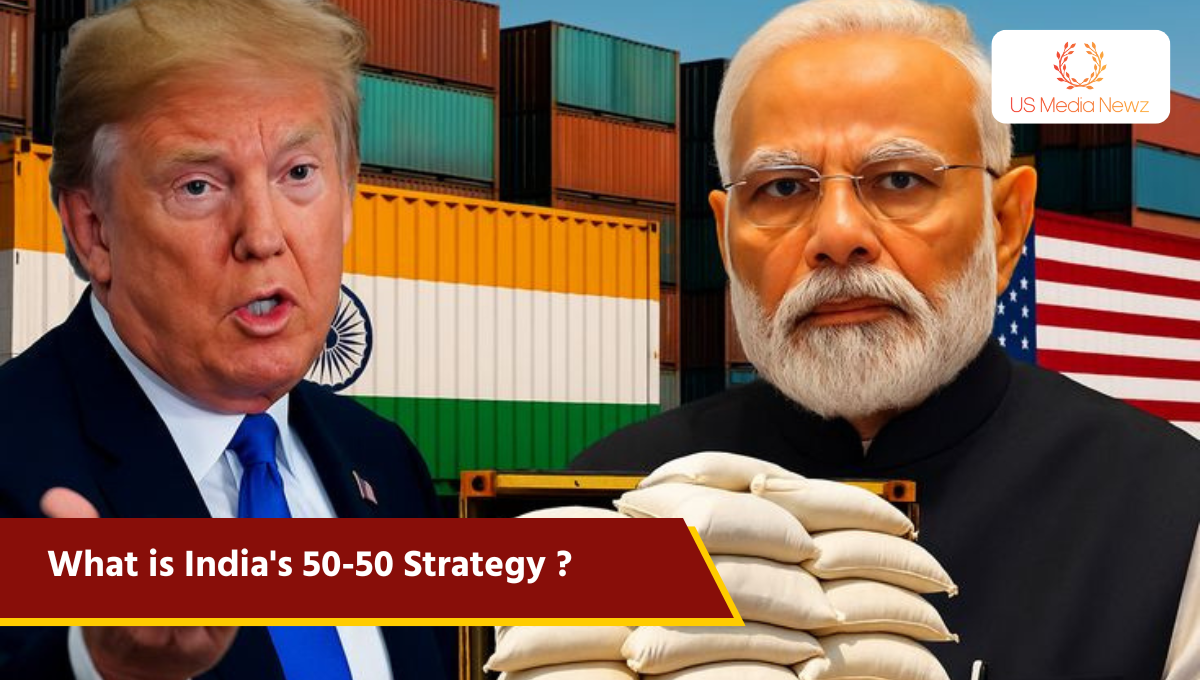If you form a team on a game like Dream 11, you will be in jail.
The government has imposed a fine on games like Dream 11, and now there will be jail for forming a team in this game.

The central government has introduced a new ‘Online Gaming Bill’ in the Parliament. In this law, the government has banned gaming applications like Dream 11 that collect money. Now those who play the game will be punished and will not be able to bet money, games like BGMI and CALL OF DUETY have been banned from now on.
What law will the Modi government impose?
What law will the Modi government impose on online gaming? After getting the permission of the Union Cabinet, on August 20, the Central Government introduced the Online Gaming Promotion and Regulation Bill 2025 in the Lok Sabha and this bill was also passed. This bill will now go to the Rajya Sabha and will become a law after getting the approval of the President.
What is included in a game with real gaming?
This new law establishes strict rules for real money gaming. Any company or person who offers or promotes online money games is banned. Any online game that requires entry or any type of controlling stake will be considered an ‘online money game’, regardless of whether the power to win is based on a person or advantage.
All advertisements for Dream 11 online money games will be completely banned. Banks and financial institutions will not facilitate transactions on these gaming platforms. A new body will be set up at a cost of about ₹50 crore to implement the law. Those offering or promoting real money games can be punished with three years in jail and a fine of up to ₹1 crore. Advertisers can be punished with two years in jail and a fine of up to ₹50 lakh. The law applies only to real money gaming; e-sports are exempted.
What is the difference between online gaming and e-sports?
Video games in India initially started on TV screens or gaming devices and later expanded online. Popular titles include PUBG or BGMI (Battlegrounds Mobile India), League of Legends, and Call of Duty. Typically, these games do not require an entry fee, nor do they offer monetary prizes for winning. Such games fall under the category of e-sports.
In contrast, the last few years have seen the emergence of the real money gaming (RMG) industry. Its business model involves betting money on online games and earning prizes for winning. The government’s new law targets these real money games for prohibition.
Why is the government cracking down on real money gaming?
The government aims to bring controls on fantasy sports, poker, rummy, online lotteries and gambling through this law. According to the IT Ministry, it will protect the youth from being lured into real money games with misleading promises of earnings. Moreover, the law aims to prevent terror funding and money laundering through these platforms. The RMG industry has faced significant allegations of gambling addiction, financial fraud and money laundering.
According to a report by Lumikai, 43% of fantasy sports app users in India are in the age group of 18-30, who invest around ₹55 crore daily. Dr. Manoj Sharma, professor of psychology at the National Institute of Mental Health and Neurosciences (NIMHANS), notes that users are attracted by curiosity but gradually get caught up in gambling.

Cases of unusual financial transactions have also been reported.
Dream 11 : In 2022, India’s Financial Intelligence Unit reported transactions worth ₹2,000 crore on gaming platforms, most of which were untaxed. The Enforcement Directorate seized ₹17.82 crore in cash and over ₹22 crore in Bitcoin from the Chinese-run platform E-Ngates. Similarly, Favin App defrauded Indians of ₹400 crore through cryptocurrency wallets and fake accounts.
Parimach, a Cyprus-based betting app launched in India in 2021, has faced allegations of money laundering and tax evasion. Mahadev Betting App, run by some Indian promoters in the UAE, facilitates cricket and poker betting, which involved money laundering of ₹40,000 crore.






